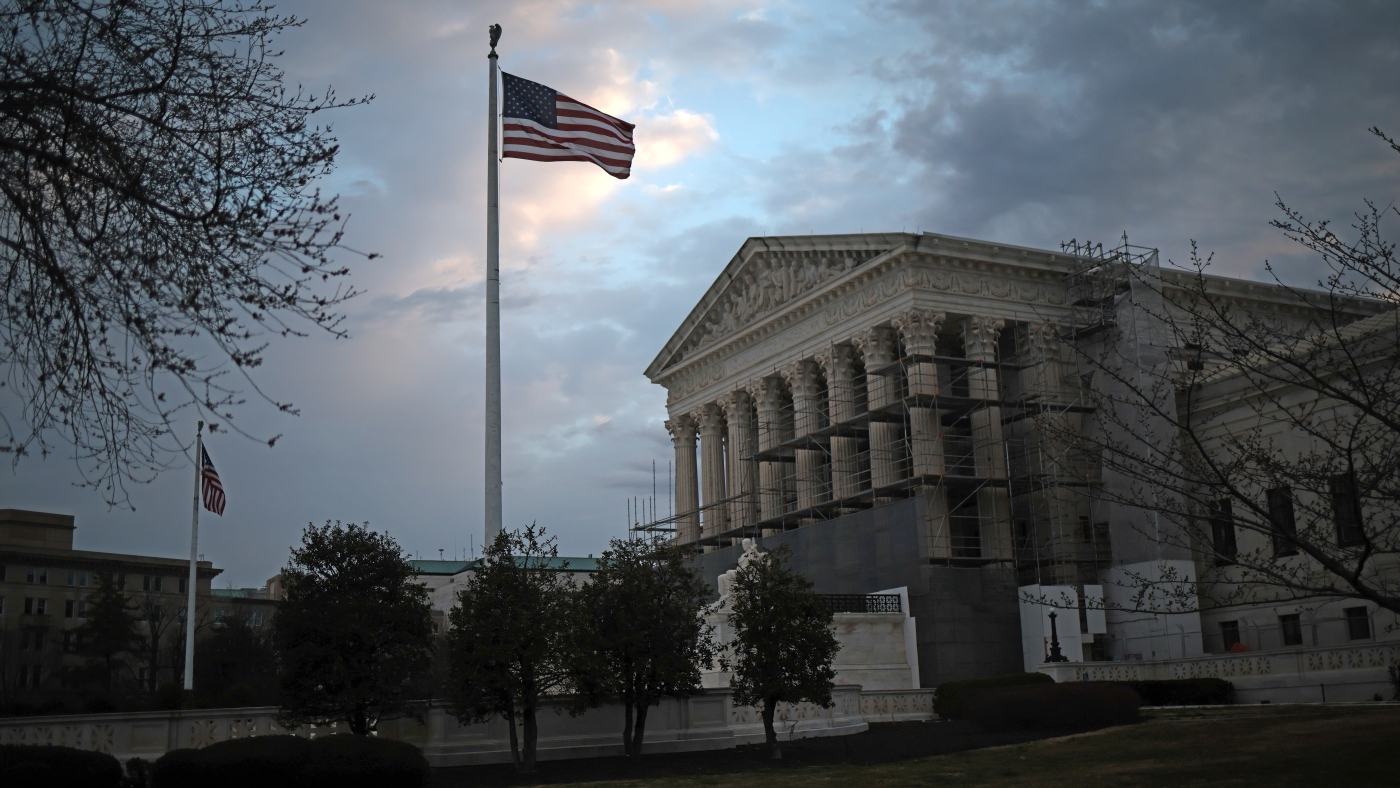The Supreme Court recently issued a preliminary injunction that temporarily halts deportations of Venezuelan immigrants in Texas. This decision relates to the Alien Enemies Act, an 18th-century law that allows for swift deportations. Former President Trump had previously used this law to expedite the removal of individuals considered threats.
The Supreme Court found that the government did not provide sufficient time for immigrants in a Texas detention facility to contest their deportations. The court emphasized that it’s essential for individuals facing removal to have a fair chance to be heard, which is a fundamental legal principle. The ruling was a reversal of a decision made by the Fifth Circuit Court of Appeals, which claimed it lacked jurisdiction over the matter. However, the Supreme Court disagreed, highlighting that delays by the lower court had serious implications for those involved.
The Supreme Court noted, "Here the District Court’s inaction—not for 42 minutes but for 14 hours and 28 minutes—had the practical effect of refusing an injunction." This statement underscores the urgency of such cases, particularly when lives are on the line.
The court made it clear that this order is not a blanket stop to deportations. The government can still remove individuals under other lawful processes. Justice Samuel Alito, with Justice Clarence Thomas, disagreed with this early intervention by the court, suggesting that it may not have the authority to act at this stage.
According to recent reports, over 6 million Venezuelans have fled their country, facing severe conditions like food shortages and violence. This mass exodus raises questions about how countries manage humanitarian crises and protect vulnerable populations.
Social media reactions to this decision have been mixed. Some see it as a necessary measure to uphold justice, while others argue it could pave the way for more complex legal battles in the future.
Overall, the situation reflects ongoing debates about immigration laws and humanitarian responsibilities. It serves as a reminder of the delicate balance between national security and individual rights. For deeper insights on immigration policy, see the American Immigration Council.






















